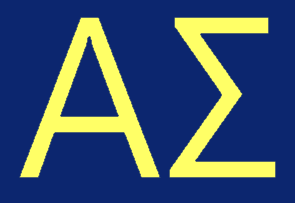The Two Envelopes Paradox
There are a few classic probability problems which seem paradoxical and The Monty Hall problem seems to have grown to be the most famous. I’d like to talk about one of the lesser known paradoxes in the same field.
Before I get into the paradox I want to explain what expectation means within probability; if you are familiar with mean as an average then you will already have grasped a similar concept. The expected value is worked out by multiplying the values of all the different outcomes by the probability that each outcome will happen and summing the whole lot together. For example, let’s say you have the following spinner:
The expected value would be ½ x 1 + ¼ x 2 + ¼ x 3 = 7/4, so on average you will get just under 2 every time you spin.
OK onto the paradox. I have two sealed envelopes containing cheques for you, one for twice the value of the other. You pick whichever you like and receive whatever is inside. But before you open it I ask you whether you would like to switch to the other envelope. At first this seems odd, because the choice was arbitrary, both envelopes where identical.
However let’s look at the expected value of either choice. If you stick with the first envelope you will receive whatever amount is inside. Since we don’t know how much that is we can just call it X. If you swap you have a half chance of getting twice as much, so 2X and a half chance of getting half as much, so X/2.
Working out the expected value of swapping we have ½ x 2X + ½ x X/2 = 5X/4, which is greater that the amount you receive if you don’t swap (just X). So the maths appears to suggest that you should switch.
But, hang on, that doesn’t make any sense. If you swap to the other one I could ask you the same question and exactly the same logic would apply. If swapping one way gets you an extra quarter of value, then swapping the other way would net another quarter. By swapping backwards and forwards infinitely we could get an infinite pay out.
The trick here is that labelling both the scenario where you have more money and the one where you have less with the same letter X is subtly incorrect. This paradox is resolved by pointing out it was a mistake of the algebra rather than a mistake in the probability theory.






